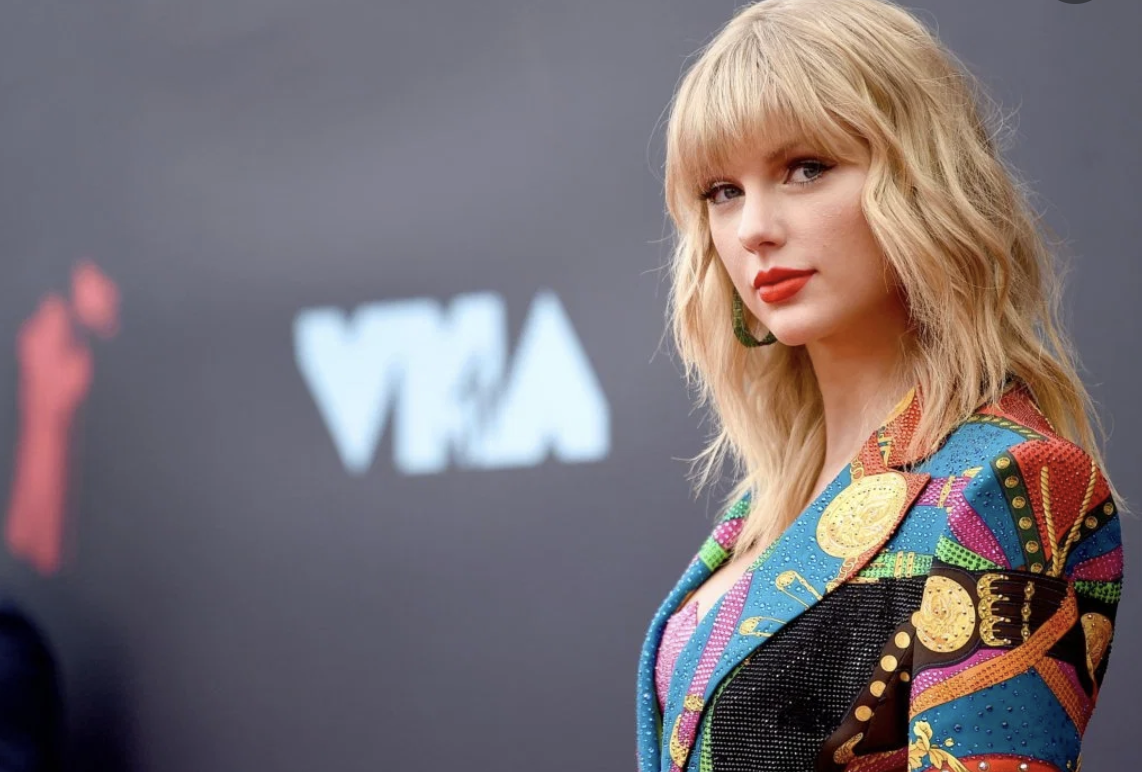“Bad Blood” – Taylor Swift Targets Private Equity Giant Carlyle Group In Latest Feud
Taylor Swift, the pop megastar who once used a WSJ editorial to cow Spotify and the major music-publishing houses, has set her sights – and her fans – on a new corporate villain: The private-equity industry.
In a statement tweeted by the popstar Thursday night, Swift excoriated Big Machine Records CEO Scott Borchetta and music manager Scooter Braun, the owners of the masters to her first six albums, for trying to stop her from performing her own music. Swift said that she would be honored as the “artist of the decade” by the American Music Awards, and that she had been planning to perform a medley of her hits from throughout the 2010s during the show on Nov. 24.
But the two men are “exercising tyrannical control” and refusing to allow her to perform her own music, Swift said. According to the deal, Swift isn’t allowed to re-record her old music until next year, something that she has been planning to do to undermine the pair, who have already refused to sell her music back to her.
“Guys – It’s been announced recently that the American Music Awards will be honoring me with the Artist of the Decade Award at this year’s ceremony,” she began. “I’ve been planning to perform a medley of my hits throughout the decade on the show.”
“Scott Borchetta and Scooter Braun have now said that I’m not allowed to perform my old songs on television because they claim that would be re-recording my music before I’m allowed to next year,” Swift said
That’s a major dig against the pop star from the owner of her former label, which Baun bought. But that’s not all. Swift also accused the pair of trying to stop her music from being used in a Netflix documentary about her.
“Additionally – and this isn’t the way I had planned on telling you this – Netflix has created a documentary about my life for the past few years. Scott and Scooter have declined the use of my older music and performance footage from being used in the project, even though there is no mention of them or Big Machine Records anywhere in the film.”
Swift then alleged that Borchetta and Braun “told my team that they’ll allow me to use my music only if I do these things: If I agree not to re-record copycat versions of my songs next year (which is something I’m both legally allowed to do and looking forward to) and also told my team that I need to stop talking about him and Scooter Braun. Basically be a good little girl and shut up, or you’ll be punished.”
This kind of browbeating is unequivocally wrong, Swift insisted, adding that any projects, concerts and other events she has planned between now and November 2020 are “a question mark” because of these tactics.
Swift asked her fans to “let Scott Borchetta and Scooter Braun know how you feel about this”. She also had another, slightly more unusual, request: just before signing off, Swift said she is “especially asking for help from The Carlyle Group…”
What, exactly, does Swift want with the private equity giant? That isn’t exactly clear. But Carlyle put up the money for Braun – who rose to fame as the manager who plucked Justin Bieber from obscurity – to buy Swift’s music, so she must believe there’s something they can do to lean on Braun.
Of course, if Braun relents, he will in effect be losing out on a major payday, since his investment in Swift’s music will be worth significantly less if she’s allowed to re-record all of it. That, in turn, could put his ability to pay Carlyle back in jeopardy. So Carlyle probably has a significant incentive to stand with Braun against Swift.
Then again, challenging Swift comes with its own kind of risks. Elizabeth Warren is already trying to make private equity the boogeyman during the 2020 race, painting them as ruthless vulture capitalists who enrich themselves by exploiting workers and dismembering companies. But Swift is a mainstream pop star with a much broader reach and – it has to be said – much better favorables.
If she launches a crusade against PE, it could feasibly end with CFPB Chairwoman Swift regulating the industry out of existence in a future Warren administration.
We look forward to hearing David Rubenstein’s thoughts on the matter.
Tyler Durden
Fri, 11/15/2019 – 07:31
![]()
Zero Hedge’s mission is to widen the scope of financial, economic and political information available to the professional investing public, to skeptically examine and, where necessary, attack the flaccid institution that financial journalism has become, to liberate oppressed knowledge, to provide analysis uninhibited by political constraint and to facilitate information’s unending quest for freedom. Visit https://www.zerohedge.com
